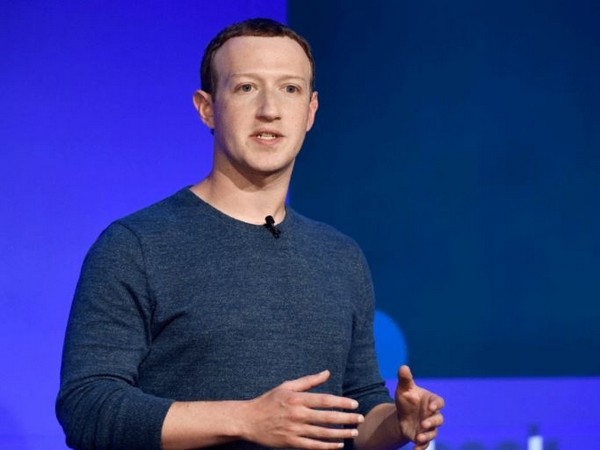Digital Fragility: The Perils of Rapid Tech Growth
The rapid technological advancements symbolized by Mark Zuckerberg's mantra 'Move fast and break things' have led to a vulnerable digital ecosystem. A recent software glitch by CrowdStrike disrupted businesses, highlighting society's deep dependence on fragile systems maintained by Big Tech. Experts urge more thoughtful innovation and understanding of digital risks.

The mantra 'Move fast and break things,' popularized by Facebook founder Mark Zuckerberg two decades ago for promoting innovation, now appears to foretell the fragility of today's digital infrastructure. That fragility was starkly revealed by a flawed software update from CrowdStrike earlier this month, which caused a global tech meltdown. Major firms like Delta Air Lines took days to recover.
This event underscores the precariousness of a culture overly reliant on the seamless function of technology until significant failures occur. 'We depend on systems we often don't know exist until they break,' said Paul Saffo, a Silicon Valley historian. This dependency magnifies risks through our increasingly interconnected digital devices, whether the threat comes from inadvertent errors or malicious hackers.
The fallout of such events is intensified by the monopoly of 'Big Tech' companies—Microsoft, Apple, Google, Amazon, and Meta—over our digital lives. This concentrate of power leads to prioritizing profit over quality, as Isak Nti Asar from Indiana University points out, resulting in rapid deployments followed by troubleshooting. 'We should demand better technology and slow innovation,' Nti Asar asserts. Now, experts call for mapping and understanding the digital ecosystem's weaknesses to avert future crises.
(With inputs from agencies.)
ALSO READ
Beenu Arora: Leading the Charge in Cybersecurity Innovation
New IDB–OAS Cybersecurity Report Warns of Persistent Gaps in LAC Region
British Foreign Office Hacked: Cybersecurity Threats Under Scrutiny
Lt. Gen. Joshua Rudd Nominated as NSA Director Amid Global Cybersecurity Challenges
Why South Africa’s cybersecurity policies struggle without public trust










